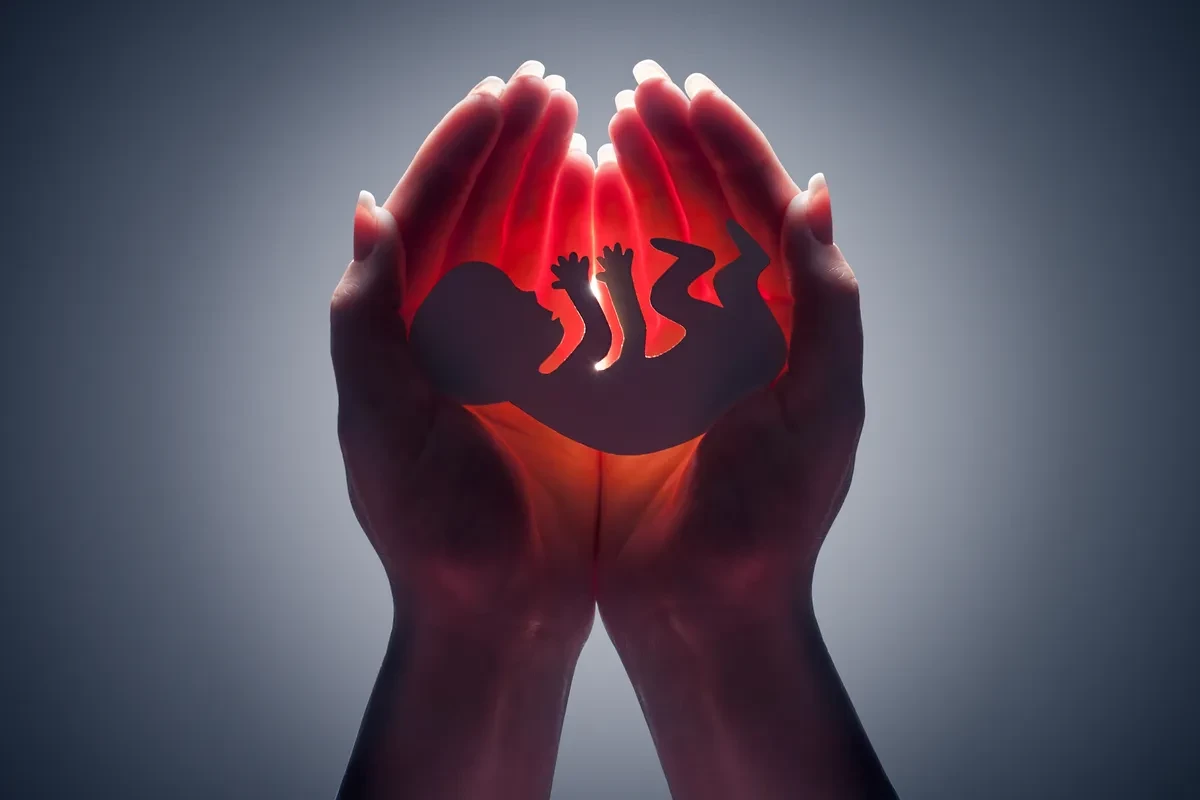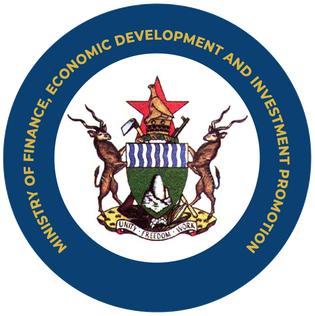
By Tapiwa Gomo
A LOT is happening in our midst. From the COVID-19 pandemic, the war in Ukraine, the rebound of the Russian currency after a month of Western sanctions and the panic this has caused in major economies; to the current xenophobic attacks in South Africa. There are several incidents where use or abuse of power is at play. Despite the strides made in human civilisation, we are living in a troubled world. Locally, we had our own by-elections recently where violence reared its ugly head, perhaps an indication of more to come.
In week’s instalment, the discussion focused on understanding what motivates people to enter politics and how people should place their expectations vis-à-vis those of the people presenting their names for public office. In Zimbabwe, new political parties and political faces continue to emerge every election season and all promising to achieve three goals.
These include, removal of the persistent old political guard that has condemned our country to perennially deepening poverty, presenting new ideas on how to move the country forward and ensuring that the country taps on its resources in the course of making life better for the people. This is a traditional core script of every political entrant which is often situated in different ideological philosophies to give it semblance of credence and relevance.
Just like religion, politics is one of the areas where one enters with nothing but empty promises and comes out rich and powerful. In a situation where jobs and economic opportunities are limited, politics and religion tend to be the only thriving industries hence the surge in the number of political and religious organisations.
The core script is designed to do nothing but lure and win hearts and minds of the people. Scholars in behavioural studies have argued that at the onset, political power is selfish by nature. It is driven and motivated by self-interest before public good. It is only made responsible and accountable to the people when countered by the power of the people. This tells us that no one enters politics to make things better for others before they meet their own interests unless they are challenged to do so and held to account by a system or the people. Politicians produce nothing but campaign rhetoric.
Human beings, who desire to improve the lives of others, have effectively done so outside the realms of politics largely in the private sector or those pursuing commercial interests. For example, colonialists on the continent established commercial infrastructure and a system to facilitate their business interests and for their own comfort which were inherited and destroyed by post-independent African leaders. They did not do so because they were politicians voted into office. Their vestiges are indicators of what we can call our development today. It is a shame.
Other examples include advancements in technology and engineering. For instance, Strive Masiyiwa never campaigned for votes to open up the airwaves for people to enjoy mobile telecommunication services across the country, neither did Bill Gates ask for anyone’s vote to launch technology that has transformed how the world conducts business today and improved the welfare of the people.
- Chamisa under fire over US$120K donation
- Mavhunga puts DeMbare into Chibuku quarterfinals
- Pension funds bet on Cabora Bassa oilfields
- Councils defy govt fire tender directive
Keep Reading
Human behaviour is largely motivated by three critical factors and these are security, control and power. It is important to assess both old and new politicians via these lenses. Security refers to a wide range of aspects including guaranteed and unfettered access to basic needs such as food, water, shelter, income, livelihoods security, health and other vital resources. It also includes protection from internal and external harm and the mitigation of potential risks.
The desire for protection leads to control which entails taking charge of their personal interests first, then family before the larger community or society in that order. They want to control the means of production mainly those for basic needs and essential services and the agents that provide security. Once security and control are secured, the next level is power to exert force on those deemed to be subjects or subordinates as well as potential sources of threats.
What is critical to note is that all these factors begin by prioritisation of self-interests, then family before the public good. In a context where the people have no power, the time span between achieving self-interest and developing the community determines the extent to which a leader can make development impact.
Again, in a context where these three factors are not guaranteed, community development tends to be neglected as elected public officials focus on their personal interests and security. There is an additional dimension. Human desires tend to be insatiable and infinite that is if they are not challenged or held to account. Most long serving autocrats fall into this category.
While there seem to be justifiable cause for elections, industry and economic growth drive development. Investment is the engine of development not politics and yet we are made to think politics is the answer to our problems hence we wasted two decades fighting each other.
Of course, good political leadership plays a role in ensuring a conducive environment and security of assets, but in Africa evidence shows that politicians have been the biggest enemies of progress largely because their politics is rooted in use or abuse of power to control the people and resources for their self-interests.
- Tapiwa Gomo is a development consultant based in Pretoria, South Africa. He writes here in his personal capacity.










